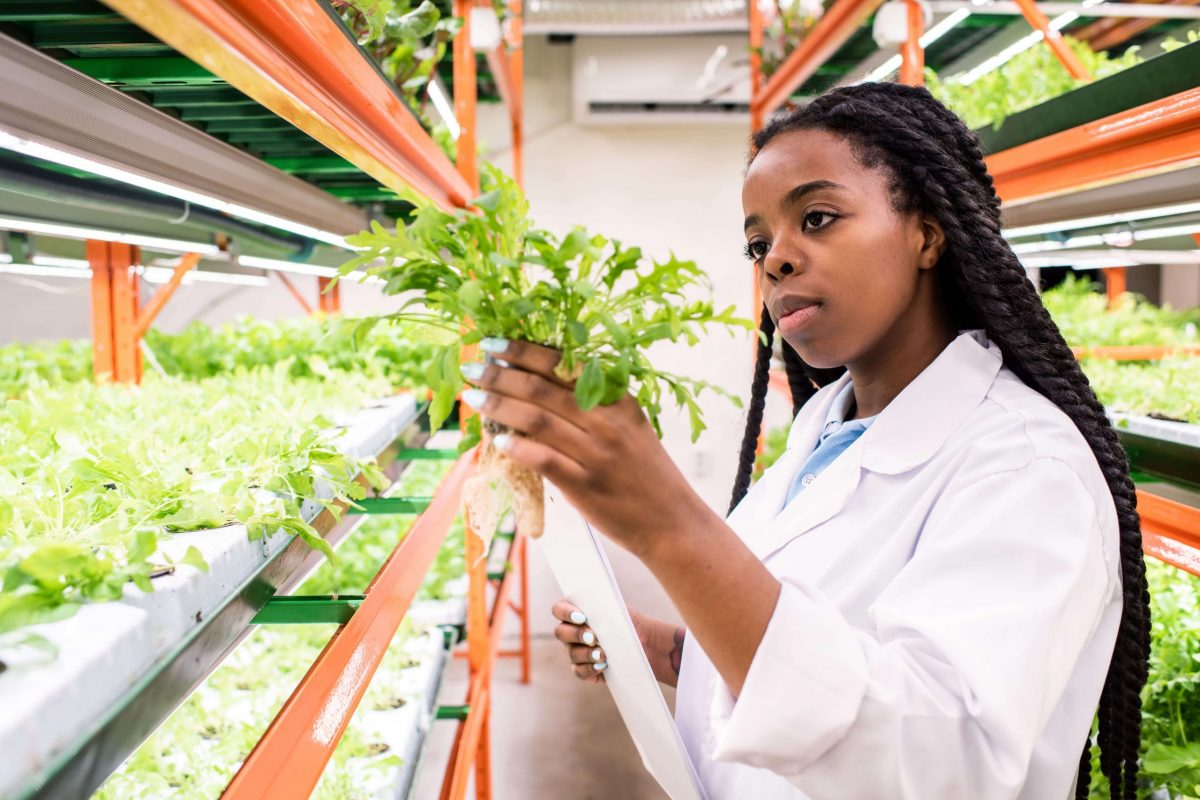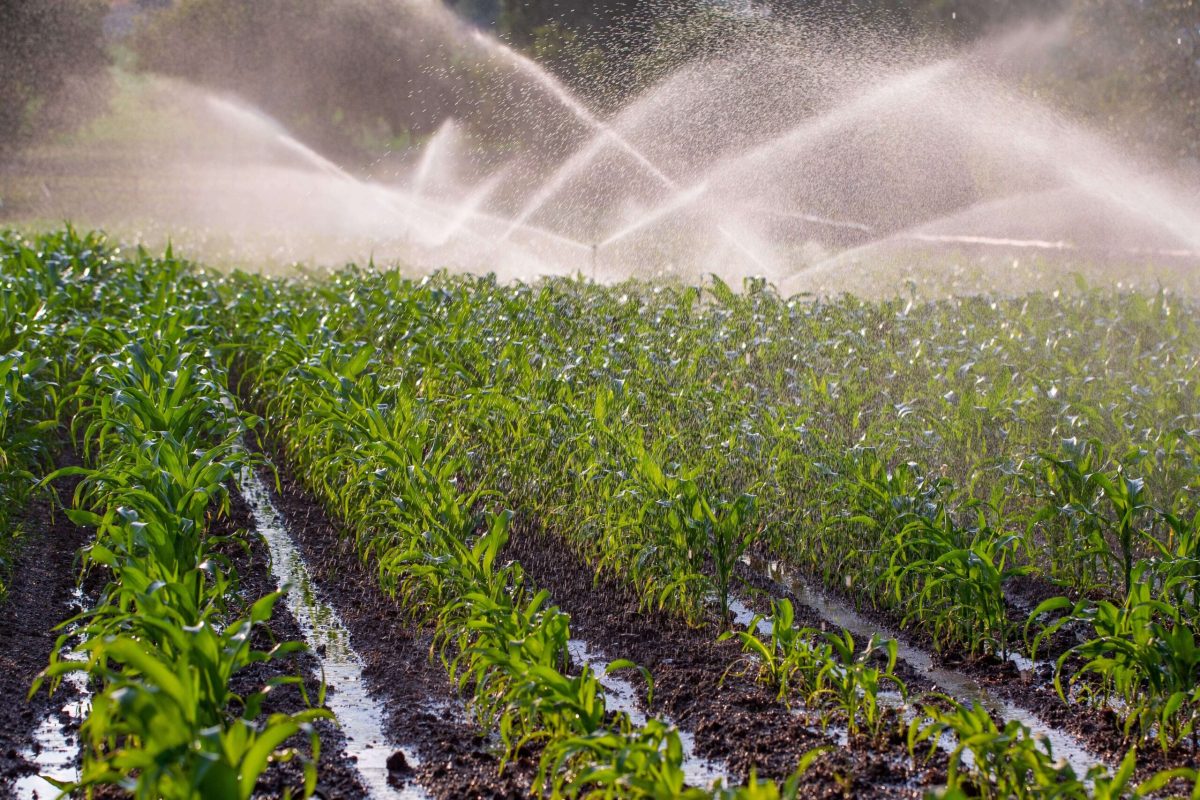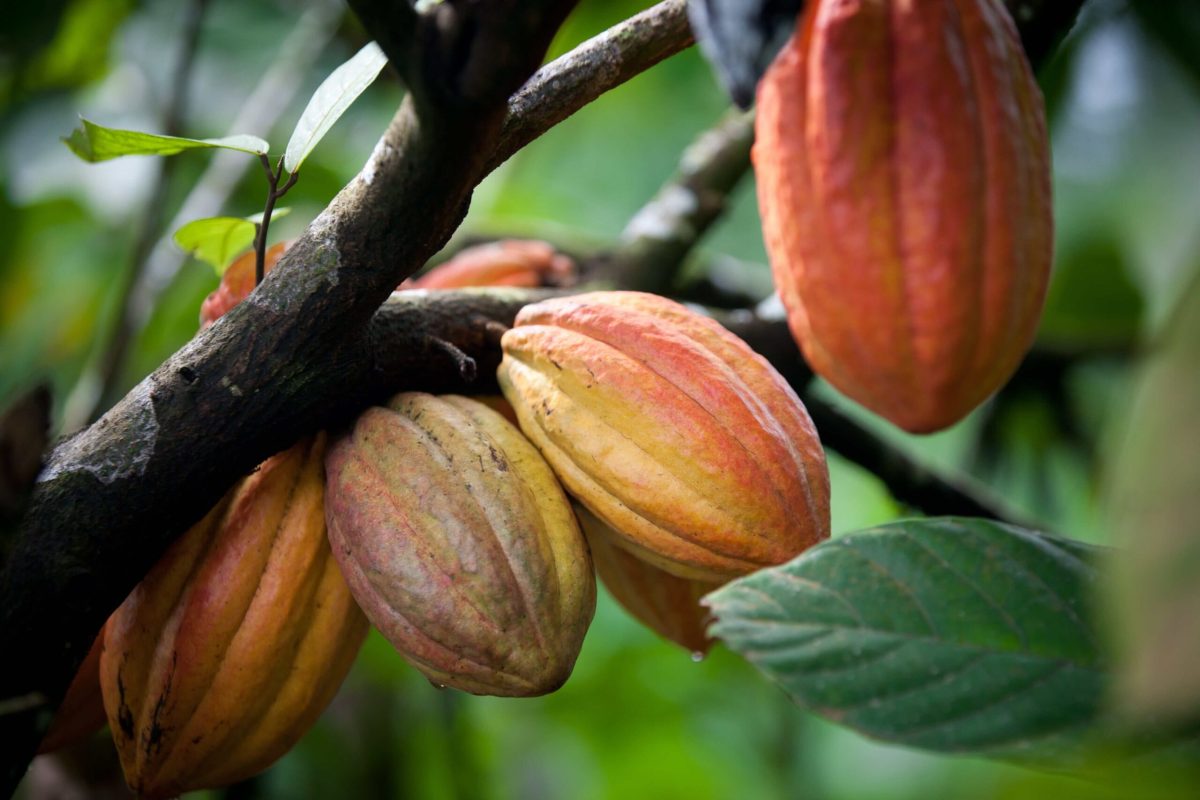
Digital agriculture: Improving profitability
Enabling farmers to increase productivity and profitability, at T.I.H, we provide solutions through digital technologies. By generating detailed insights into operations and the environment, we assist farmers in making data-based operational decisions to optimize yield and boost revenue while minimizing expenses, the chances of crop failure, and environmental impact.

Improving productivity of field agents
Small farms around the world are into traditional farming practices because they lack access to the latest information, including a scientific understanding of pest lifecycles and the latest micro-fertilizers.
In contrast, agricultural input companies have the products to help farmers gain maximum yields through the latest fertilizer technology, seeds, and pesticides.
The field agent represents the key link between company and farmer, yet these workers lack the agricultural knowledge, technology, and processes to recommend the right products to farmers. So when farmers see little or no benefit to the relationship, the result is a lack of loyalty toward the agent, resulting in job frustration and attrition.
The Innovation Hub can help large and small farms alike harness digital technologies to improve processes, boost their yield, and increase profitability, helping to meet the growing global food demand and lowering the overall environmental impact of farming.

Agriculture mechanization
Agricultural machinery can provide important benefits and has seen various development initiatives in developing countries, yet the pace of agricultural mechanisation overall and access to agricultural machinery by smallholders in many developing countries, particularly in sub-Saharan Africa, remains quite low.
Resource poor smallholders in developing countries often lack access to capital goods such as farm machinery. Enabling adequate access through machinery services can thereby significantly contribute to food security and farm incomes.
The common feature of African farmers is that most of them practice small-scale subsistence farming. In the last few years, however, various interest groups started focusing on agriculture as one of the key drivers of rural development, and the number of commercial farmers increased. Yet, most of them are still smallholders.

Access to Finance for Farmers
The choice of small-scale farming is largely dictated by two factors: lack of sufficient money to expand the area under cultivation and a decrease in the surface area of agricultural land which is sub-divided between increasing numbers of family members. But this is not really a challenge as, with the emergence of new technologies, farmers can obtain the highest possible yields from small plots of land. In some African countries, for example, livestock fodder is grown thanks to a new farming technology known as hydroponics which uses mineral nutrient solutions, in water, without soil. The greatest challenge small-scale farmers are faced with is access to financing.
We focus on developing and implementing agriculture finance strategies and instruments to the crowd-in private sector, enhancing access to suitable financial services to farmers – particularly smallholders – and agricultural Small and Medium Enterprises (SMEs) as a way to increase agricultural productivity and income, and facilitating the integration of production and marketing entities in agriculture to achieve economies of scale and stronger presence in markets.
